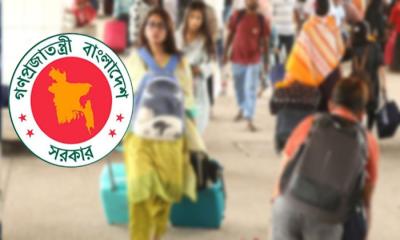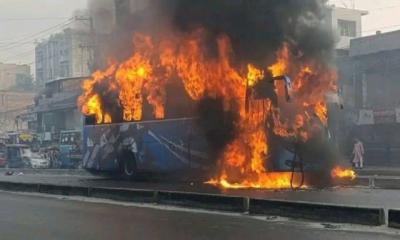Fourteen protesters have been killed amid ethnic tensions in eastern Chad, a government official said Friday, while rights groups said some had died in clashes with the security forces.
Residents of Abeche, the capital of Ouaddai province, protested on Monday against plans to inaugurate an elected member of the Arab community at locations traditionally reserved for a local chief.
Rights groups said security forces killed some during that demonstration, while the others lost their lives the following day at the funerals.
A government official, speaking on condition of anonymity, said there were "14 dead and 64 wounded among the demonstrators," but refused to say who was responsible for the casualties.
"The situation has been calm since yesterday and the tension has dropped," the official said.
A medical source put the toll at 11 dead and 60 wounded.
The National Commission for Human Rights (CTTDH), an organisation that acts as a go-between between civil society and the government, said that on the first day of the violence, at least five people died and 35 were wounded when security forces "fired live rounds in an attempt to disperse protesters."
Another group, the Chadian Convention for the Defence of Human Rights (CTTDH), said in a statement that "members of the defence and security forces made excessive use of combat weapons on unarmed demonstrators".
It put the toll at "several" dead in addition to wounded.
The inaugural ceremonies in Abeche were scheduled to be held on Saturday for a district chief who hails from the Arab community.
A local official said deadly protests broke on Monday out over the two choices of venue -- firstly, a former royal palace and then the city's Independence Square, both of which were used by the traditional sultan of the Ouaddai community.
This account was confirmed by the CTTDH.
More deaths resulted at funerals that were held the following day for those who had been killed.
A vast landlocked country in north-central Africa, Chad has a history of frequent clashes between ethnic groups.
The Ouaddai is a crossroads region where numerous communities live, including Arabs, Fulani and the Maba, a non-Arab predominantly herding people.




-20260305071113.webp)
-20260304091720.webp)



-20260303080739.webp)






















-20260228064648.jpg)
